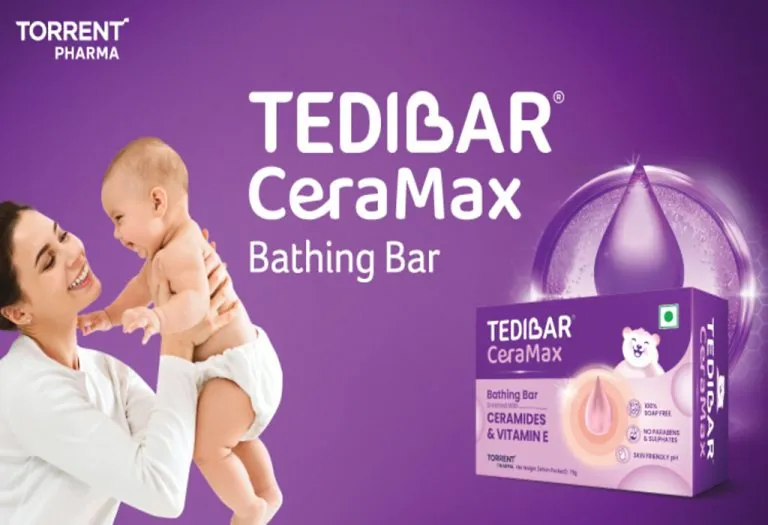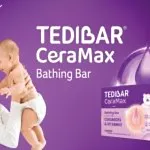Is Baby Powder Safe to Use on Babies?

- What Is Baby Powder Made of?
- Are Baby Powders Harmful to Infants?
- Do Infants Need Baby Powder?
- What Kind of Baby Powder is Good for Babies?
- Tips to Remember While Using a Baby Powder
- Can You Treat Diaper Rash With Baby Powder?
- What Should You Use Instead of a Baby Powder?
- FAQs
Baby powders serve as a vital component in the arsenal of tools available to parents striving to maintain their baby’s comfort, especially in mitigating the potential for irritation stemming from the friction of diapers against tender skin. Given their significance, they’ve become a go-to choice for countless new mothers. However, the selection process warrants careful consideration. While products bearing the approval and certification of relevant authorities are generally deemed safe, it’s prudent to meticulously scrutinize and adhere to the instructions provided on the container. Doing so not only ensures optimal effectiveness but also promotes safe application and usage, thereby safeguarding your baby’s overall well-being and comfort.
What Is Baby Powder Made of?
A large majority of baby powders are made from talcum and, hence, it is known as talcum powder too. The main ingredient of talcum powder is talc which is a mineral that consists of silicon, magnesium, and oxygen. Due to its moisture-absorbing qualities and ability to reduce friction, talcum is preferred by manufacturers to create baby powders. Some baby powders are also made from corn starch, which is considered to be a safer alternative to talcum. It is made from corn and has larger particles which babies cannot inhale and, hence, parents and paediatricians consider cornstarch baby powder safe.
Are Baby Powders Harmful to Infants?
Is baby powder safe for babies? Babies are prone to inhaling the baby powder that is used on their skin, especially if it has been made from talc. Talcum powder consists of very fine particles which can be inhaled and cause irritation to the baby’s delicate lungs. You will have to be especially careful if your baby has any kind of respiratory illness like asthma since, with baby talcum powder, some danger may be possible. As compared to talcum, the cornstarch-based powder has slightly larger particles and hence find it difficult to get airborne. This reduces the chances of inhalation and has excellent absorption qualities too.
Do Infants Need Baby Powder?
As a fact, babies do not need baby powder all over the body. Baby powder absorbs moisture and keeps rashes at bay. In the initial months, your baby’s most prominent piece of clothing is going to be the diaper and since it constantly rubs against the delicate skin, it can cause rashes. Make use of baby powder for diaper rash in a prudent manner by using it only where it matters. Apply it on the neck, underarms, and genitals instead of smothering it all over the body. It is best to restrict overuse of baby powder to avoid the harm that it could cause in the long run due to its ingredients. Your brand of baby powder may take away much-needed moisture from the baby’s skin which can cause harm in the long run.

What Kind of Baby Powder is Good for Babies?
There are a number of baby powder brands to choose from and to get the best one for your baby, it is best to carry out a bit of research on your own. Stick to a trusted and reputed brand, to begin with, so you are at least assured of good quality ingredients. Baby powders that have talcum as its base should be avoided as much as possible or at least restrict its use. Baby powders made from corn starch is highly recommended by doctors and paediatricians since its particles are larger and hence difficult to get in the surrounding air.
Cornstarch-based baby powders may be problematic in certain situations, the ingredient may make a Candida caused diaper rash worse. It’s probably best to skip the baby powder.
Tips to Remember While Using a Baby Powder
While using baby powder, make sure you choose the right powder and use it in the right way. Here are a few easy-to-remember tips that will help you to do so:
- Take some powder on your palm and pat the baby’s skin gently with it instead of sprinkling it directly on the baby.
- While sprinkling the powder, keep the container away from the baby and take a small quantity on your palm. This will ensure that the baby does not breathe some of it directly and doesn’t get any into his eyes.
- Using the powder on a baby’s face is not a good idea at all, as it can lead to breathing issues. If inhaled, it can also cause lung complications.
- Clean any residual powder that accumulates in the skin folds of your baby with a soft cloth to avoid skin infections.

Can You Treat Diaper Rash With Baby Powder?
While baby powder proves to be a useful ally in keeping the baby’s skin dry and moisture-free, it does not necessarily treat a diaper rash. Rashes happen if diapers are not changed at the right intervals and the skin doesn’t receive fresh air. Disposable diapers can cause irritation to the little one’s sensitive skin and lead to allergies. Try a different brand of diaper instead of using baby powder to treat diaper rash, as this will not solve the problem.
What Should You Use Instead of a Baby Powder?
If you are looking for a safe alternative to baby powder, here are a few options you can try and choose the one that suits your baby. Instead of using talcum for your baby, you can also use essential oils like lavender or chamomile for babies over three months as both have anti-inflammatory properties. Discontinue use immediately if you notice any rashes.
Following are a few more baby powder alternatives:
- Cornstarch powders
- Oat flour
- Arrowroot starch or tapioca starch powders
- Baking soda
- Zinc-based diaper rash creams, instead of powders, for babies
FAQs
1. Are there any risks associated with using baby powder?
While baby powder is generally safe, there have been concerns raised about the potential risks of inhaling talc-based powders. To minimize any risks, consider using cornstarch-based powders or applying the powder away from your baby’s face.
2. How should baby powder be applied to ensure safety?
It’s recommended to apply baby powder for newborns sparingly and avoid using it around the face to prevent inhalation. Additionally, ensure the powder is kept out of reach of children to prevent accidental ingestion.
3. Are there any alternatives to traditional baby powder?
Yes, there are alternatives such as cornstarch-based powders or even natural alternatives like arrowroot powder. These alternatives can provide similar benefits without the potential risks associated with talc-based powders.
This was all about when to use baby powder on newborns. When you are armed with authentic information about the safety of baby powder for babies, and information like can baby powder cause cancer, you can rarely go wrong. Choose baby products smartly, especially those to be applied to the skin or ingested. So, three cheers to dry baby bottoms!
References/Resources:
1. Bortolussi. R, Martin. S; Antifungal agents for common outpatient paediatric infections; Canadian Paediatric Society; https://cps.ca/documents/position/antifungal-agents-common-infections
2. How to Treat Diaper Rash; American Academy of Dermatology Association; https://www.aad.org/public/everyday-care/itchy-skin/rash/treat-diaper-rash
3. Inhalation of baby powder: an unappreciated hazard; The BMJ; https://www.bmj.com/content/302/6786/1200
4. Make Baby’s Room Safe: Parent Checklist; American Academy of Pediatrics; https://www.healthychildren.org/English/safety-prevention/at-home/Pages/Make-Babys-Room-Safe.aspx
5. Huisstede. A, Hegt. V, Otte-Holler. I, et. al.; Talcosis due to abundant use of cosmetic talcum powder (European Respiratory Review); European Respiratory Society; https://err.ersjournals.com/content/19/116/165
6. Houghton. S, Reeves. K, Hankinson. S, Crawford. L, et. al.; Perineal Powder Use and Risk of Ovarian Cancer (Journal of the National Cancer Institute); National Library of Medicine; https://www.ncbi.nlm.nih.gov/pmc/articles/PMC4200058/; September 2014
7. FDA Summary of Results from Testing of Official Samples of Talc-Containing Cosmetics of Asbestiform Fibers by AMA Laboratories During 2009-2010; U.S. Food & Drug Association; https://www.fda.gov/media/122418/download
Also Read:
Baby Skin Care Tips
Is Ubtan Safe for Babies?
Is It Safe To Put Baby Lotion On Newborns?
Was This Article Helpful?
Parenting is a huge responsibility, for you as a caregiver, but also for us as a parenting content platform. We understand that and take our responsibility of creating credible content seriously. FirstCry Parenting articles are written and published only after extensive research using factually sound references to deliver quality content that is accurate, validated by experts, and completely reliable. To understand how we go about creating content that is credible, read our editorial policy here.







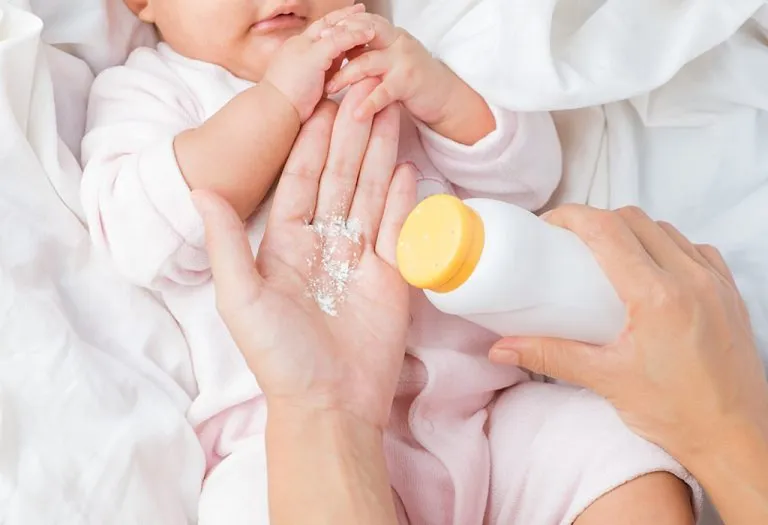
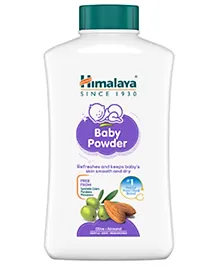
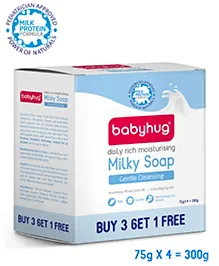
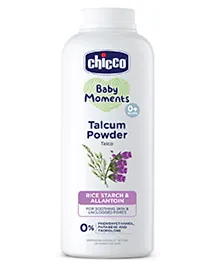
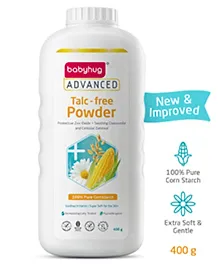
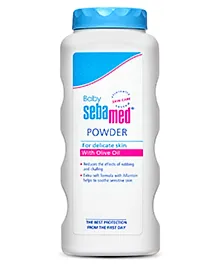
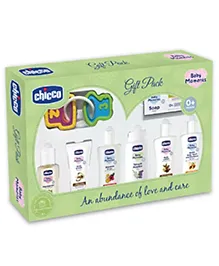
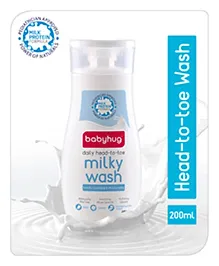
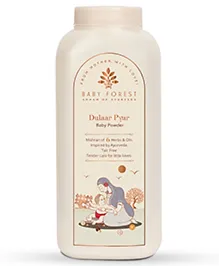
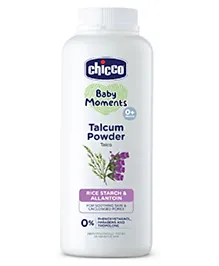
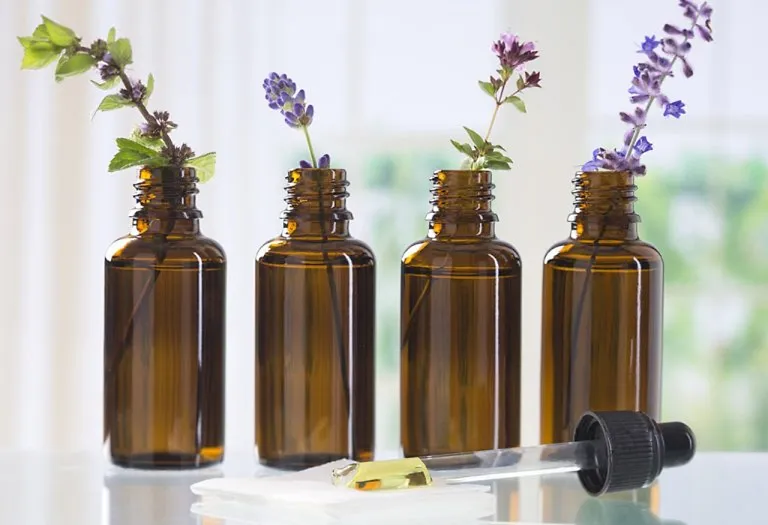
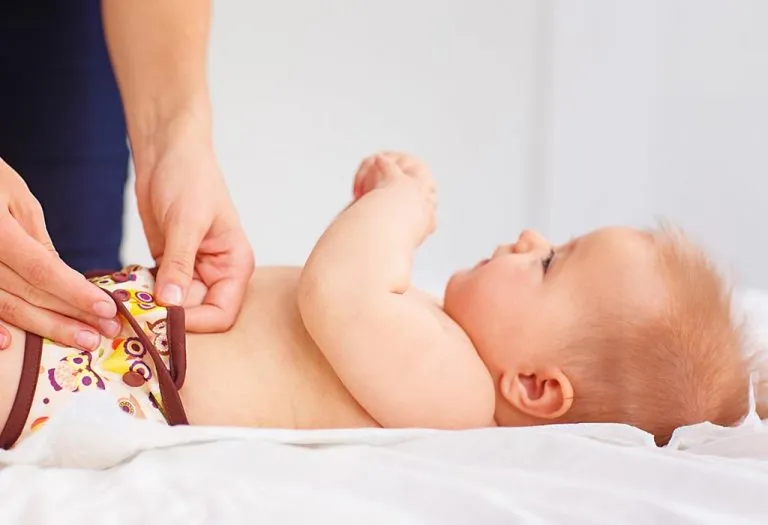
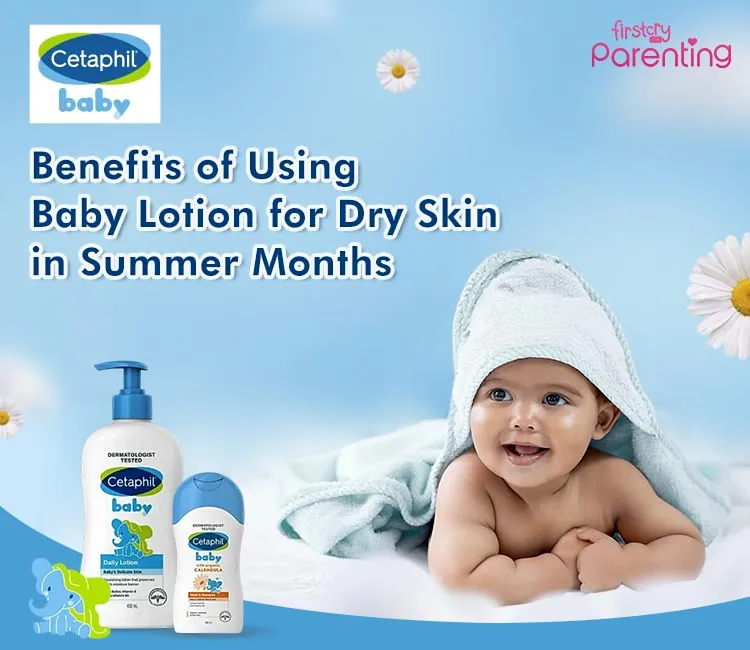
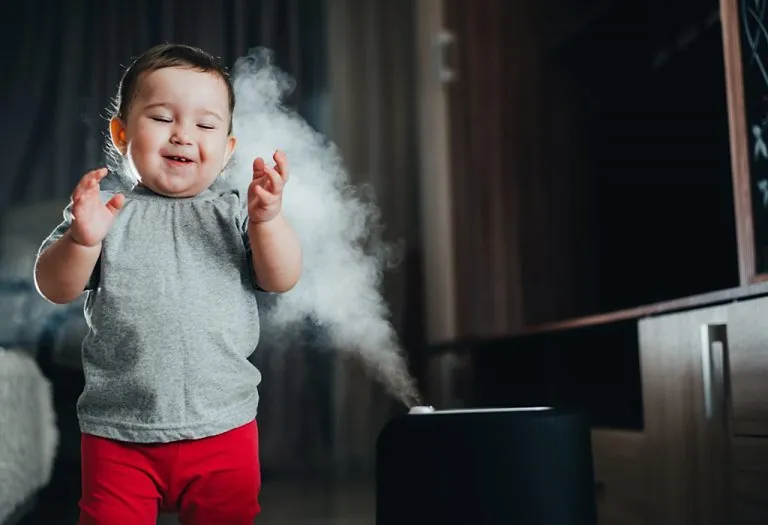
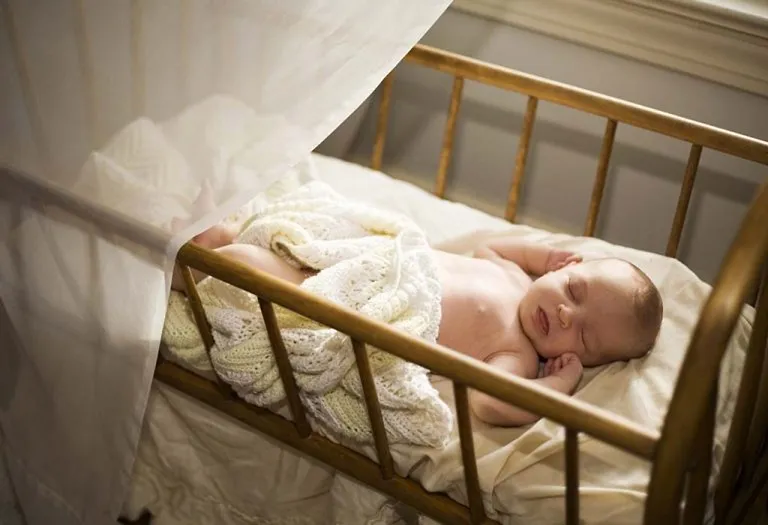
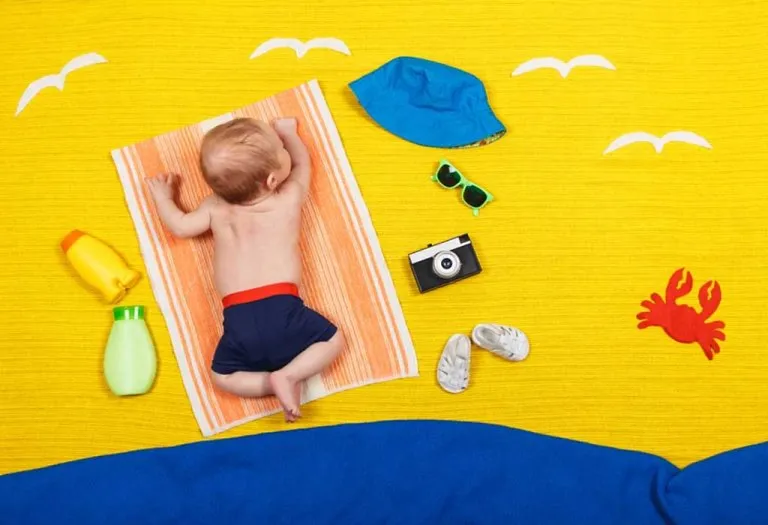

.svg)










